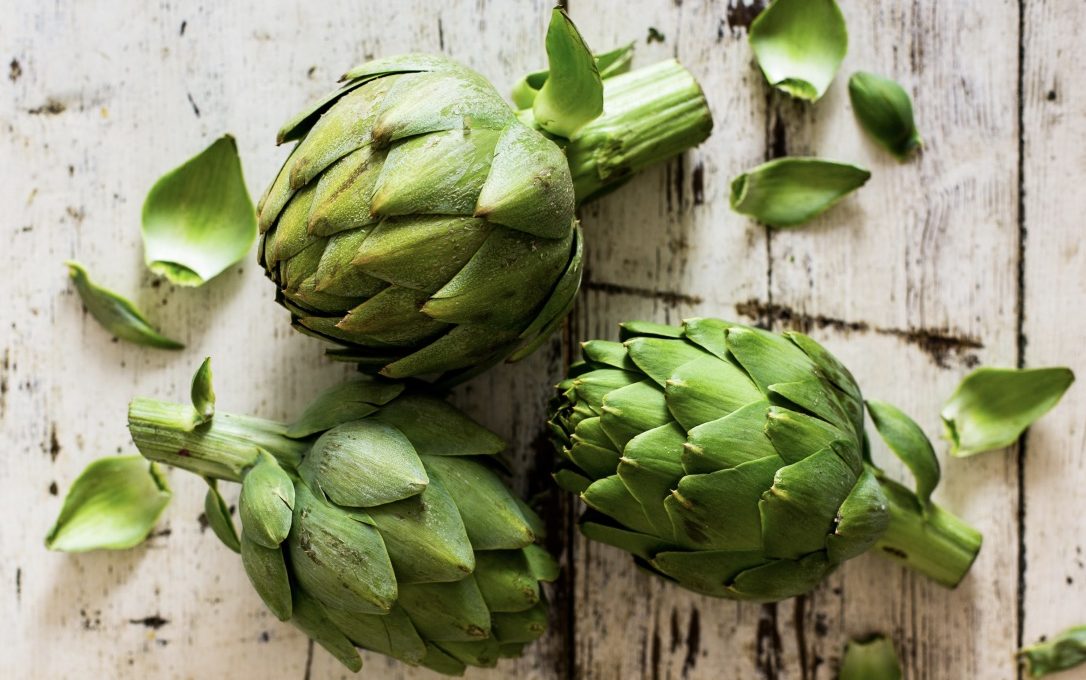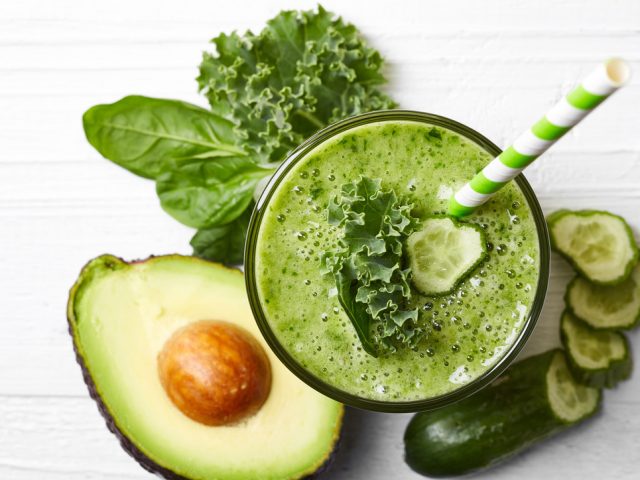Prebiotics and Probiotics. Living inside your gut is a complex ecosystem of approximately 300 to 500 bacterial species. One third of our gut microbiota is common to most people, while two thirds are specific to each one of us. In other words, the microbiota is like a finger print, each person has a unique mix.
What are Probiotics?
Probiotics are the “good” bacteria that help change or repopulate intestinal bacteria. In some instances, the gut microbiome becomes imbalanced – this is called dysbiosis. Dysbiosis is a condition in which the gut bacteria become imbalanced, leading to a wide range of digestive disturbances including bloating, diarrhea, constipation, and stomach cramps, among others. This can be caused by stress, illness, poor diet, overuse of antibiotics. To help prevent the onset of dysbiosis include probiotics rich foods to your diet such as yogurt, kefir, kimchi, sauerkraut, and cultured non-dairy yogurts. Only consider using a probiotic supplement when necessary. People with bacterial overgrowth, such as SIBO, should not take probiotics. It’s best to consult your healthcare provider when choosing a probiotic or prebiotic supplement to ensure the best health benefit.
Role of “beneficial bacteria”
- Stimulates the production of antibodies, supporting your immune system.
- Helps synthesis B vitamins, required for energy production, red blood cell production, metabolism, healthy brain function and vitamin K2 required for bone health.
- Prevents the dominance of harmful bacteria, fungi, and parasites.
- Helps digest foods.
- Keeps your gut lining intact ( letting undigested food particles into the bloodstream, sets off an inflammatory response throughout the body).
- Helps produce neurotransmitters.
What are Prebiotics?
Prebiotics are a type of non-digestible carbohydrate found in certain foods which promote the growth and activity of good bacteria in the gut. Because these non digestible carbohydrates are able to pass through the stomach and small intestines undigested, they arrive relatively unchanged in the large bowel. Here they become food for the good bacteria living there.
Prebiotics are found in specific types of plant-based foods such as asparagus, leeks and garlic, green bananas, asparagus, Jerusalem artichokes and snow pea. They are also plentiful in wholegrain foods, for example, oats, legumes including chickpeas, red kidney beans, lentils and nuts and seeds.
Polyphenols
Other compounds such as polyphenols can also serve as prebiotics for your microbiome.
Polyphenols are natural compounds found in fruits, vegetables, grains, herbs, and spices that give foods their colour and taste. They also act as potent antioxidants and reduce inflammation. Because many polyphenols are only minimally absorbed, they make their way to the intestines where they are utilised by intestinal bacteria. Foods rich in Polyphenols include cloves, dark chocolate, berries, green tea.
Ultimately, prebiotics and probiotics work together to restore and improve GI health.
References:
Gut bacteria in health and disease. Retrieved from: https://www.ncbi.nlm.nih.gov/pmc/articles/PMC3983973/
Dysbiosis diagnosis. Retrieved from: https://www.news-medical.net/health/Dysbiosis-Diagnosis.aspx
Probiotic foods, what to know. Retrieved from: https://www.medicalnewstoday.com/articles/323314
Top 20 prebiotic foods for health health. Retrieved from: https://irenamacri.com/top-20-prebiotic-foods-for-gut-health/
Polyphenols food list. Retrieved from. https://www.healthline.com/health/polyphenols-foods#cocoa-powder-and-dark-chocolate
For more information on “Prebiotics and Probiotics” or to book a naturopathic consultation please contact Beata at B inspired healthy lifestyle.
Copyright. 2021. B inspired healthy lifestyle. Any illegal reproduction of this content will result in legal action.
0




